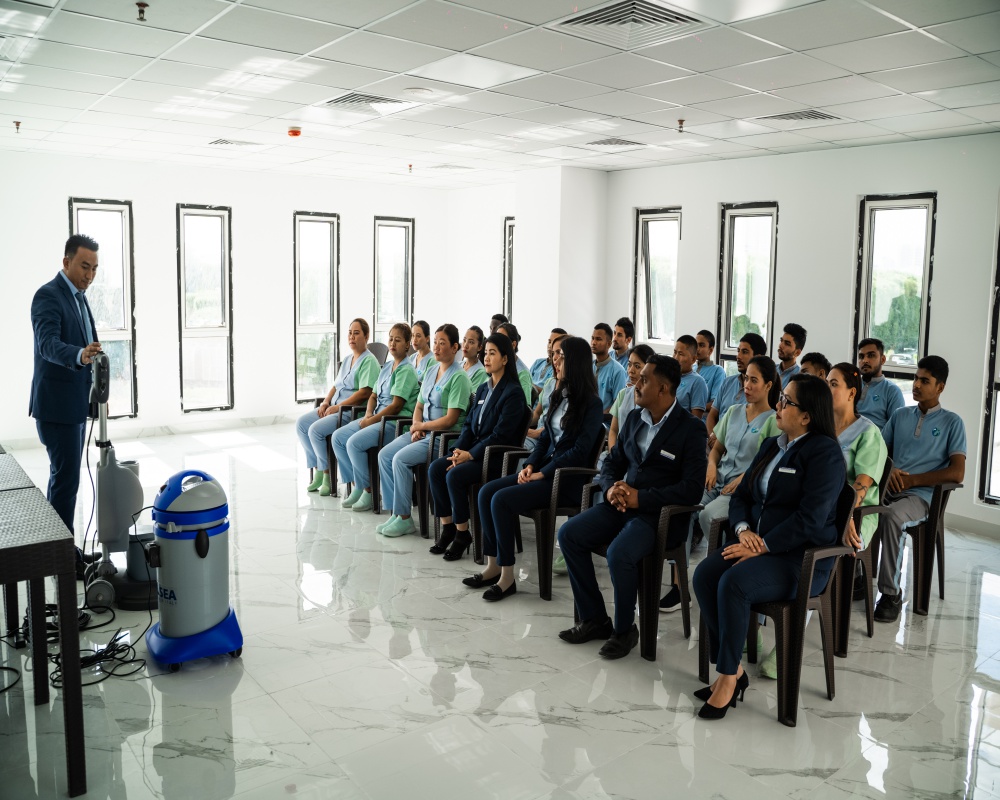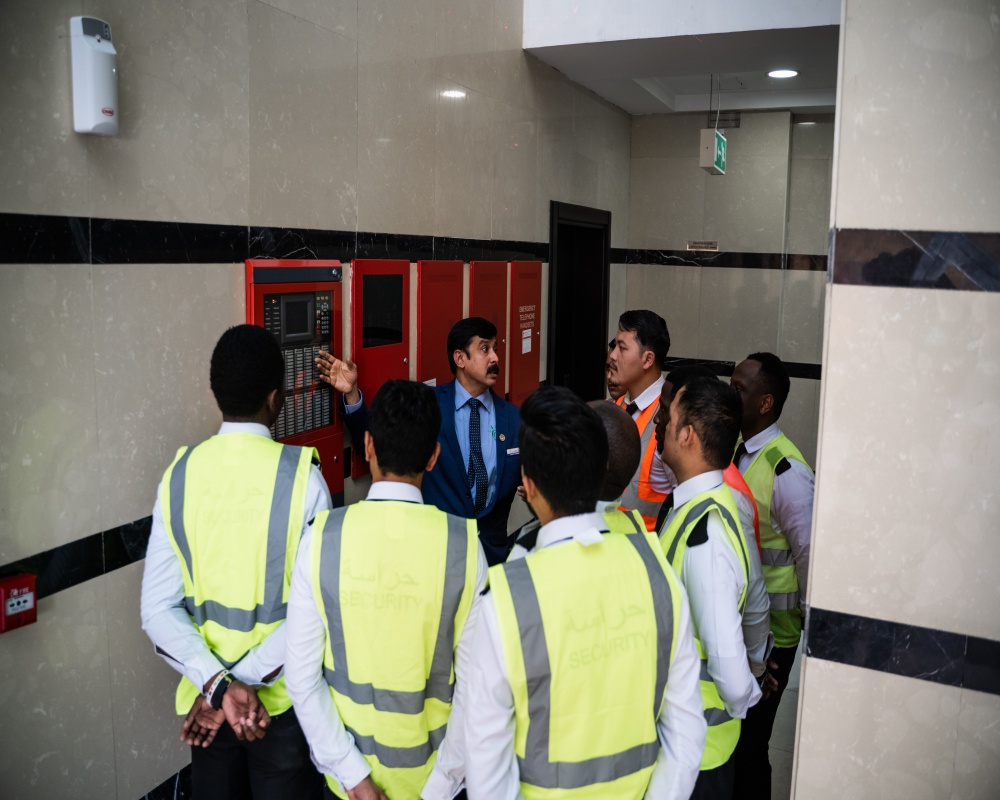











OUR CORE TRAINING FOR STAFF
A company’s greatest asset is its workforce. To succeed, businesses need the right mix of talent, skill, and experience across the whole spectrum – from top leadership down to technicians and operators on the plant floor.
That is easier said than done. Maintenance departments are struggling to find skilled workers to keep facilities running safely and efficiently. And with industrial technology evolving at breakneck speeds, existing workers need constant maintenance training and retraining
One of the potential solutions comes in the form of well-calibrated maintenance training programs to upskill existing workers and quickly onboard new hires.
Benefits of maintenance training
Effective maintenance is your first line of defense against equipment downtime, productivity issues, safety incidents, and other disruptive events. A skilled and experienced maintenance workforce can make a world of difference to an enterprise, ensuring that daily operations remain unaffected by technical issues.
Training maintenance workers properly lead to:
Reduced planned and unplanned downtime: maintenance and repair work are done faster and better, leading to a quick restart of production. Trained technicians are also better at keeping machines well-maintained, helping avoid equipment failure in the first place.
Fewer accidents and safety issues/fines: in plants where heavy machinery, hazardous substances, and potentially dangerous processes are involved, effective maintenance has a direct bearing on the safety and wellbeing of your workers. Lack of trained maintenance crews raises the risk of accidents and regulatory action/fines for non-compliance with OSHA safety standards.
Gives managers more flexibility: when you invest in proper maintenance training programs, you create a workforce that is more capable of working in various roles, in essence reducing the skills gap. Managers who have many versatile technicians and operators at their disposal have more flexibility when setting production and maintenance schedules.
Improves employee morale and focus: humans thrive at work when they feel confident and capable. Training also improves their career prospects by giving them additional competencies and sending a message that what they do matters. These factors improve employee morale and commitment to the job.

